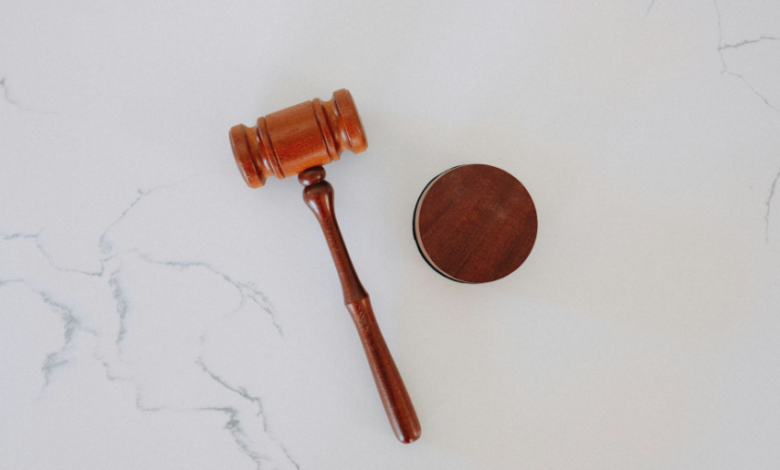
The advent of generative AI has shaken up the world of businesses like few other technological advancements. The potential for AI to revolutionize business operations was universally and almost instantly recognized once now ubiquitous names – such as ChatGPT – first landed in the market. Moreover, the potential uses of AI are entirely sector agnostic, with the potential to bring industries, from FMCG to life sciences, into the future.
However, businesses that are planning or already investing in AI, are paying close attention to the EU AI Act, the world’s first regulatory framework for AI. Although the new rules are not a bolt out of the blue, businesses will need to give even greater attention to the legal and compliance guardrails that they set up around their use of AI.
Given that the technology is so new and still evolving, it cannot be said that an AI specialist legal mind yet exists, leaving businesses with a difficult circle to square. So how can businesses begin to add AI expertise into their in-house legal, compliance, and privacy teams to ensure they remain compliant with global AI regulations, which are now beginning to come into existence?
What not to look for
One myth that businesses should dispel straight away when looking to hire AI legal expertise is that they can simply entice a General Counsel or Chief Compliance Officer from the tech industry. Although AI will be governed by external bodies, AI governance will mirror that of data and technology governance. However, the scope of legal issues that AI will generate will be far greater than traditional technologies and data.
We are already seeing the importance of IP and litigation expertise when it comes to investing in AI, as exemplified by the case of The New York Times vs. OpenAI for copyright infringement as it works its way through the U.S. courts. Data privacy will also be a key element of AI regulation, and given the amount of energy that will be needed to power AI, ESG will be a concern for businesses that are operating under any regulated sustainability labels.
At the moment, a transactional tech lawyer is highly unlikely to have all the necessary strings to their bow, and as the potential uses of AI continue to grow alongside the technology’s capability, these strings will only increase in number. In the coming years, we will likely see a new breed of AI-dedicated legal specialists emerge and it is possible that we could even see a specific AI law qualification.
But we are not there yet. And even if AI-dedicated lawyers begin to populate the tech industry, there will only be so many to go around.
The wider profile
Rather than seeking a tech lawyer, businesses must take a wider view of what academic and professional backgrounds will provide the most ideal building blocks for a legal mind to become an AI-specialist lawyer.
As a starting point, a background in computer science or data engineering at higher education, or even junior industry level, before converting to law would ensure a firm grasp of the underlying technology. In terms of legal background, the aforementioned areas of IP, litigation, data privacy, and ESG will all be critical specialties for an AI legal expert.
Businesses should strive to be as specific and strategic as possible when looking to add AI legal expertise to their boardrooms. A distinguishing quality of AI is that the technology is not being developed for a specific purpose, but rather it is being developed and businesses are then finding use cases for it.
This adds to the complexity of erecting legal and compliance guardrails around AI, as the specifics of these guardrails will vary from business to business and potentially even from team to team. Businesses should therefore also be mindful of what sector-specific knowledge and legal expertise their ideal AI legal custodian should possess. As was mentioned earlier, businesses may benefit from looking for suitable talent within their industry rather than looking to source from the tech sector.
The strategic benefit
The introduction of the EU AI Act has officially fired the starting pistol for governments and regulators to begin setting out legal frameworks for AI use. The need for legal guardrails around AI has subsequently become more acute for businesses. The situation is in some ways reminiscent of the introduction of the GDPR, which despite having a similarly long lead-up, caught many businesses on the back foot.
In many cases, businesses have not been proactive enough in establishing data privacy expertise in their legal team and ended up with relatively junior lawyers or paralegals overseeing this vital new area of compliance. This quickly proved to be an untenable solution. There is a lesson for businesses to learn from these mistakes of the past: proactivity and forward planning on sourcing in-house AI legal expertise will be key to a successful AI strategy.
However, the benefits of this preparedness extend beyond merely ensuring compliant AI adoption and use remain on the right side of regulation. If the companies secure the right AI legal expertise, and position them near the technology itself, they are well-placed to provide holistic advice and counsel that transcends AI legal matters and the unfolding regulatory landscape and also includes valuable input into the commercial sphere.
Increasingly, we are seeing General Counsel and other senior in-house lawyers sought out as indispensable advisors contributing to overall business strategy. When it comes to AI transformation, we can expect this will expand the scope of the GC’s advisory remit.
Businesses would do well to recognize now that securing legal talent with the right background, foundational expertise, and potential to become a well-rounded AI guru, will foster a considerable competitive edge as they and their competitors push at full speed ahead into the age of AI.





